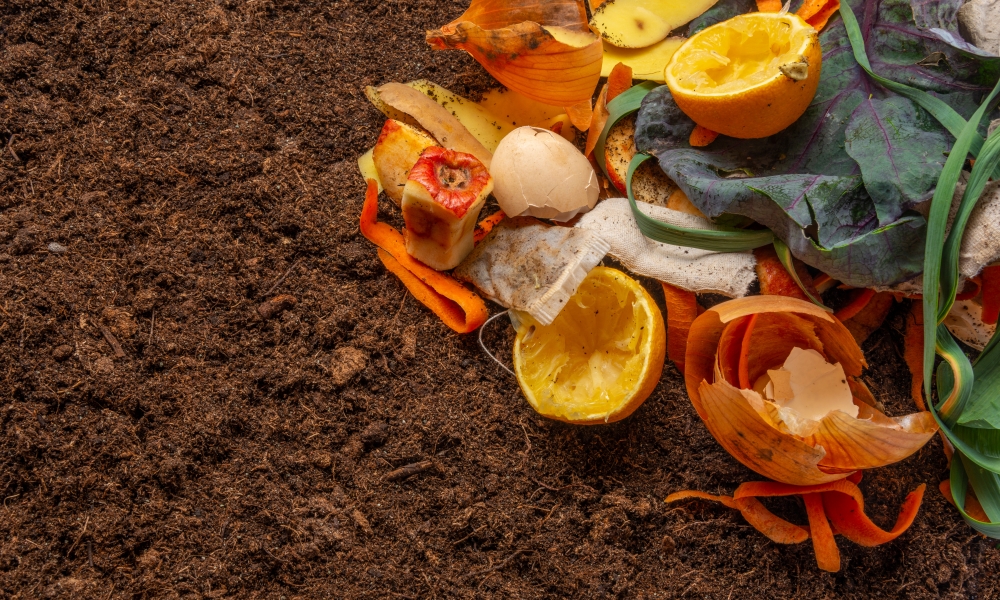Recovering nutrients: a holistic approach to organic waste
Associated Sprints
Recent News
- Agile at the BES Symposium
- Youth-Led Research and Policy
- Greenhouse gas uncertainties: expanding the impact of research

With increasing emphasis on reducing and reusing, how we can reclaim valuable nutrients from organic waste?
The Agile Initiative funded interdisciplinary Sprint “Can we turn waste into fertiliser?” brought together experts from engineering, environmental science, and food systems to investigate the issue.
Using Leicestershire as a case study, the team produced quantitative mapping of organic waste and nutrient flows (in particular nitrogen and phosphorus) and identified the economic and environmental benefits of improving nutrient management.
The research was driven by Leicestershire County Council’s need to prepare for mandatory food waste collections, and the wider context of rising food prices, agricultural fertiliser shortages, and the urgent need to deliver on the UK’s net zero strategy. It reveals complexities in the intersection between nutrient systems and waste streams, and how we need a system’s approach for better nutrient management.
By understanding the options for nutrient recovery, we can build viable, low-carbon alternatives to the current system and deliver greater long-term food security and environmental sustainability.
Analysis demonstrated the value of stakeholder-driven food systems mapping, data acquisition and the importance of understanding the business and economic assessment of available technologies. Multiple avenues for approaching a circular organic waste system were identified that require the buy-in of stakeholders at multiple levels and scales to bring about the opportunities for environmental and economic benefits across the system highlighted in this report.
Key recommendations are enhanced nutrient recovery in both wastewater treatment and from the rejected water of anaerobic digestion plants. Other recommendations include:
- intervening prior to nutrients entering the wastewater system
- applying technology to ensure that the nutrients contained within digestate can be fully utilised by crops
- adapting farming to apply nutrients more sparingly and prevent loss to the wider environment
- tackling the challenges associated with moving nutrient-rich materials by situating sources and uses close together.
You can learn more about the research by reading the full report: Re-organising-Nutrients-Flows-in-Leicestershire.


